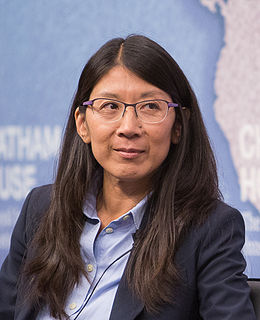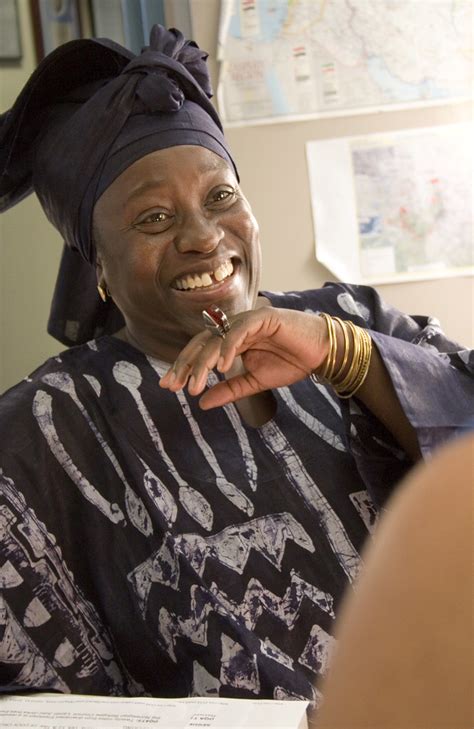A Quote by Joanne Liu
In the ongoing effort to combat Ebola, more needs to be done to rewrite the public-health narrative. It must move from one that has been infused with fear to one that recognizes the hope for survival that supportive care can offer infected people.
Related Quotes
I have been working with the World Health Organization since 1989 in an effort to redefine approaches to contraceptive introduction. This has given me the opportunity to insist that strategies for research and policy development must simultaneously address people's needs, the capacity of programs to provide good quality of care, and the range of technological options available.
Since 1994, lawmakers on both sides of the aisle have considered it politically risky to offer a plan to fix America's broken health care system. The American public, though, has paid the price for this silence as health care costs skyrocketed, millions went uninsured, and millions more grappled with financial insecurity and hardship.
If any country was a mine-shaft canary for the reintroduction of cholera, it was Haiti - and we knew it. And in retrospect, more should have been done to prepare for cholera... which can spread like wildfire in Haiti... This was a big rebuke to all of us working in public health and health care in Haiti.
We are unique among advanced countries that we don't have universal health care. My hope was that I was able to get a hundred percent of people health care while I was president. We didn't quite achieve that, but we were able to get 20 million people health care who didn't have it before. And obviously some of the progress we made is now imperiled because there's still a significant debate taking place in the United States. For those 20 million people, their lives have been better.
Ebola has killed almost 12,000 people and at least 500 health workers. So it affected the entire population. And as you know, the World Health Organization was accused of not having declared an epidemic soon enough. And that's when we saw Ebola rampaging through Sierra Leone, Liberia and, to a lesser extent, Guinea.
































